Israeli National Security Adviser Tzachi Hanegbi on October 14 admitted “mistakes” in intelligence assessments before the Hamas Islamist movement carried out an attack last weekend that took the Jewish state by surprise.
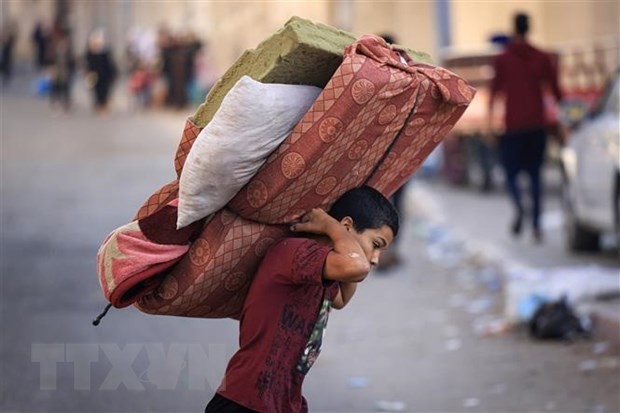 |
| People evacuate Gaza City to avoid conflict between the Israeli army and the Hamas movement, October 13. (Source: THX) |
“It was my mistake and it reflects the mistakes of all those who drafted the assessments,” Israel’s National Security Adviser explained at a press conference. “We truly believe that Hamas has learned its lesson from the last major war with Israel in 2021.”
Meanwhile, Hamas' political leadership had no advance knowledge of when the group's military wing planned to attack Israel, Mousa Abu Marzouk, a member of Hamas' political bureau, told the New Yorker magazine.
According to a senior Hamas official, the movement’s military commanders were so determined to keep the plan to attack Israel secret that they hid the details and timing of the attack even from the organization’s political leaders. As a result, all Hamas leaders, except the military, did not learn of the group’s attack until the morning of October 7.
Mr Marzouk said the political leaders were “surprised by the timing, but not surprised by the actions” of the military wing leadership, as they “still adhere to the general policies set by the political wing”.
To date, Israeli authorities have recorded more than 1,300 deaths and nearly 3,400 injuries since the Hamas attack on October 7, along with at least 120 people captured by Hamas gunmen and taken to the Gaza Strip. According to the Palestinian Ministry of Health, Israeli retaliatory airstrikes have since killed 2,215 Palestinians and injured more than 8,700.
Casualties on both sides are expected to rise if Israel carries out a large-scale ground offensive on Gaza City in the northern part of the strip, targeting the leadership of the Hamas Islamist movement.
According to an announcement by the Israel Defense Forces (IDF) on October 14, with the participation of hundreds of thousands of reservists and logistical preparations, the IDF is preparing to deploy a series of combat plans, including coordinated attacks from the air, ground and sea.
IDF battalions are being deployed across Israel and increasing their combat readiness for the next phase of the war with a focus on ground operations.
Also on October 14, Iran expressed concern that the conflict between Israel and Hamas "risks spiraling out of control and causing far-reaching consequences."
In a post on social network X, the Iranian Mission to the United Nations stated that if Israel does not immediately stop its military campaign, "the situation could spiral out of control and cause far-reaching consequences - the responsibility lies with the United Nations, the Security Council and the countries that push the Security Council into a dead end."
Source












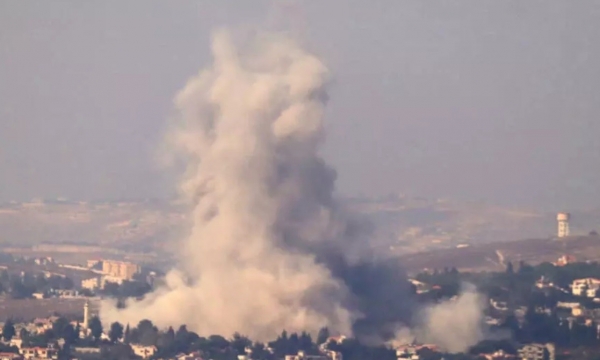

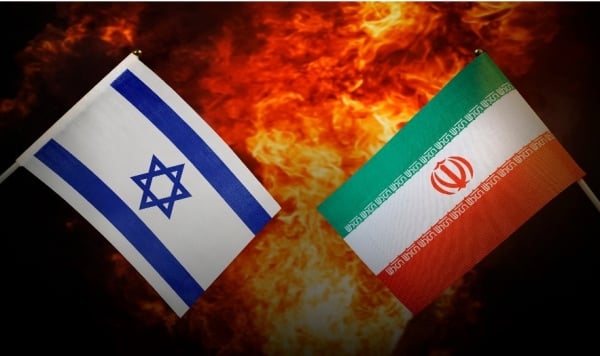

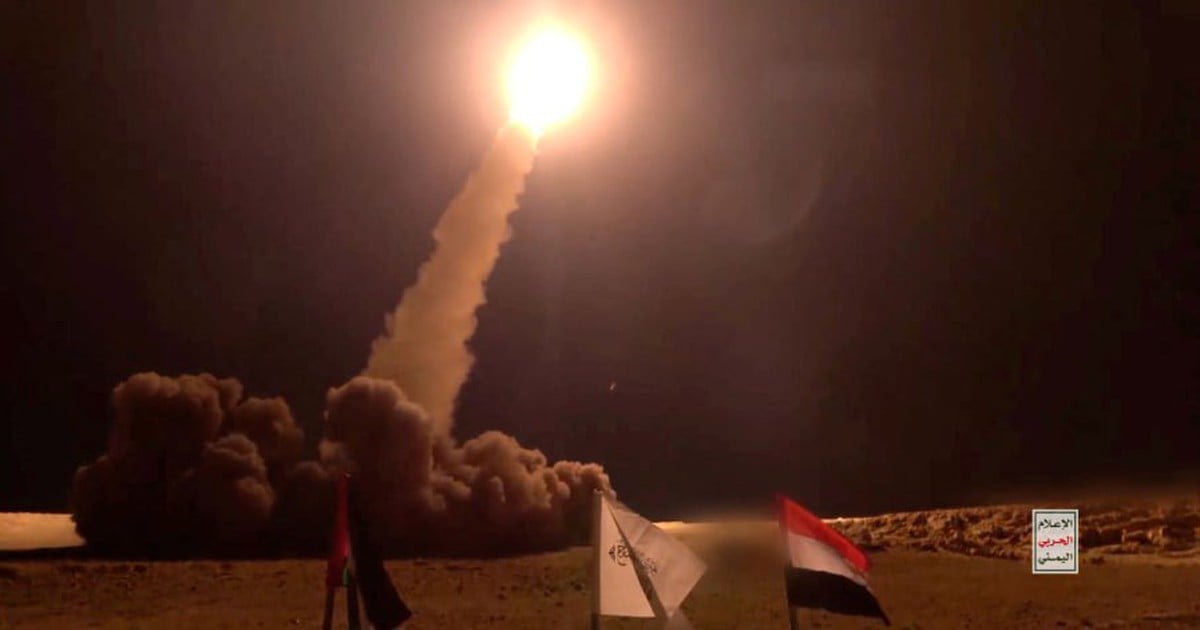



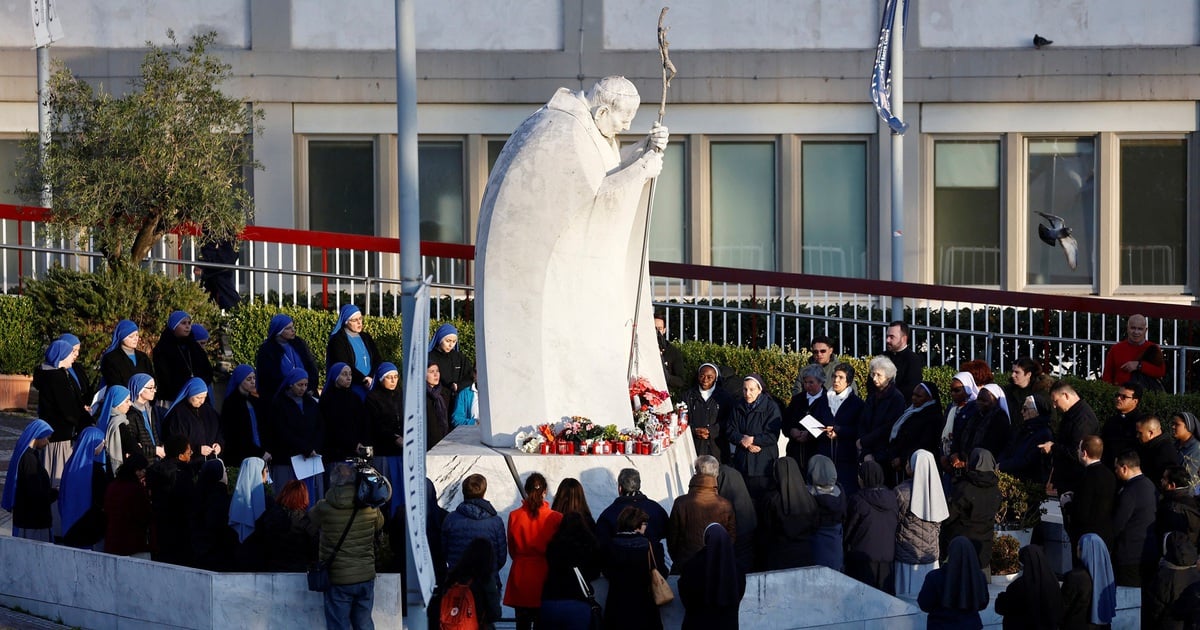

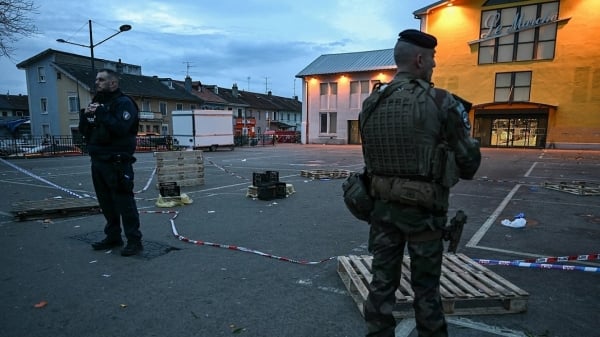















![[Photo] Prime Minister Pham Minh Chinh chairs Government Conference with localities on economic growth](https://vstatic.vietnam.vn/vietnam/resource/IMAGE/2025/2/21/f34583484f2643a2a2b72168a0d64baa)



























































Comment (0)